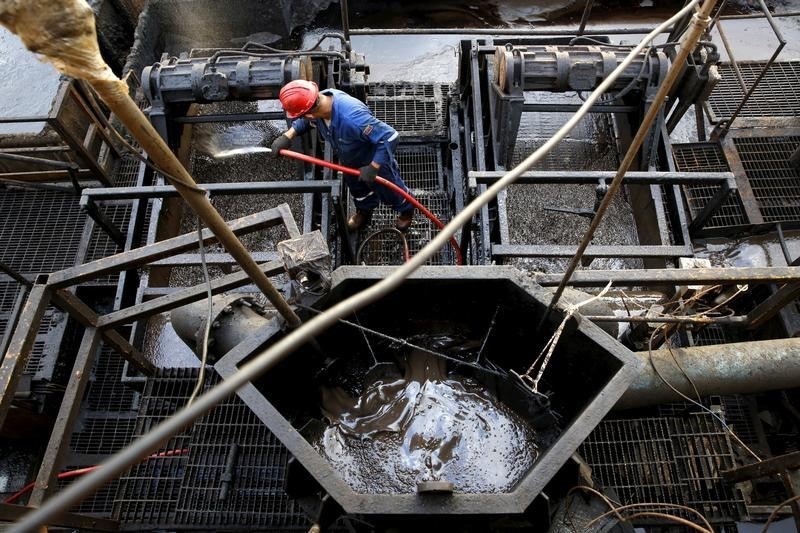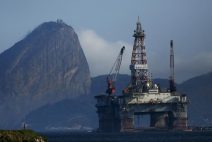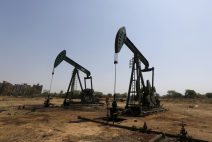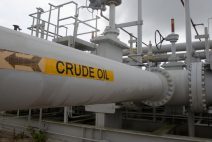Russian Deputy Prime Alexander Novak said that OPEC+ group of leading oil producers does not see the need for further oil output cuts despite lower-than-expected Chinese demand, though the organisation is always able to tweak its policy.
He also said that Russia reached the targeted level of its oil output this month after announcing production cuts of 500,000 barrels per day, or 5% of its oil output, until the year-end.
Russia is part of the OPEC+ group of producer countries which announced combined cuts of around 1.16 million bpd in a surprise move earlier this month that the United States described as unwise.
Novak said that Russian oil and gas condensate production is expected to decline to around 515 million tonnes (10.3 million barrels per day) this year from 535 million tonnes in 2022, broadly in line with Reuters’ report this week.
Asked if the group needed to cut its oil production further amid falling oil prices, Novak said: “Well, no, of course not. Because we only made a decision (on reduction) a month ago, and it will come into force from May for those countries that have joined.”
He said that OPEC+ did not expect oil shortages on the global oil markets after production cuts, as had been predicted by the International Energy Agency (IEA) which said the cuts risked exacerbating an oil supply deficit expected in the second half of the year.
“My opinion is that now the market is balanced, taking into account the decisions made earlier, taking into account our reduction, the reductions that we saw in other countries,” Novak said.
Russia was able to keep up its oil production and exports thanks to its ability to ramp up sales of its energy products outside of Europe, its traditional supply market for oil and gas, following severe Western sanctions against Moscow over Ukraine.
Novak said that Russia will divert to Asia 140 million tonnes of oil and oil products this year, which had previously been directed for Europe. He added that Russia will supply between 80 million tonnes and 90 million tonnes of oil and oil products to the West in 2023.



















